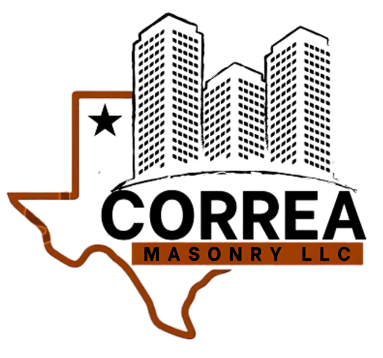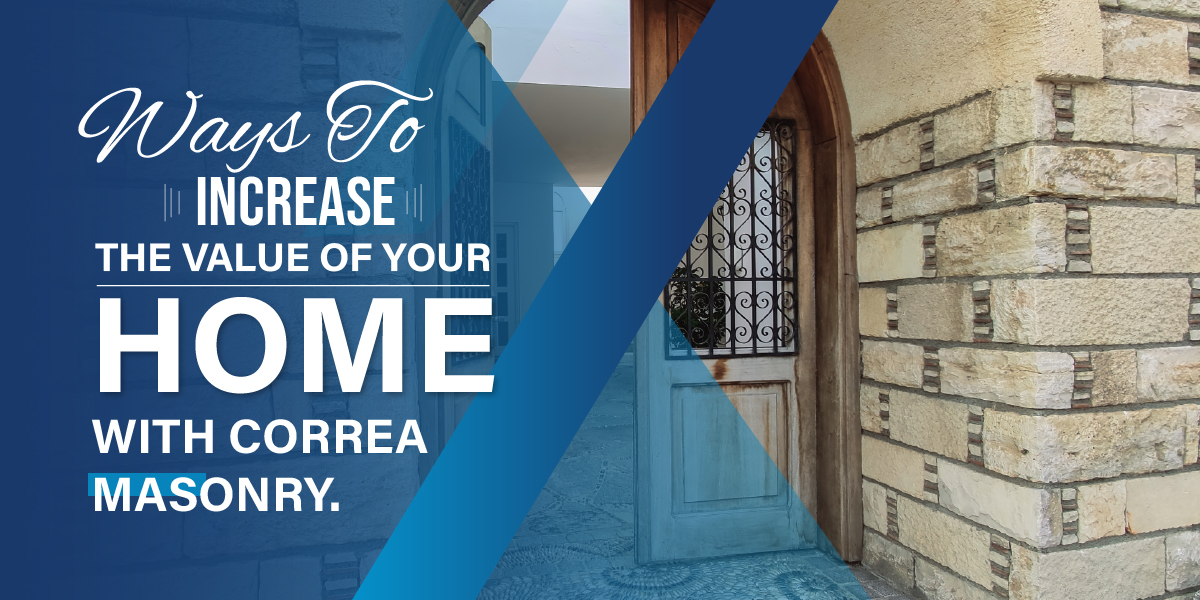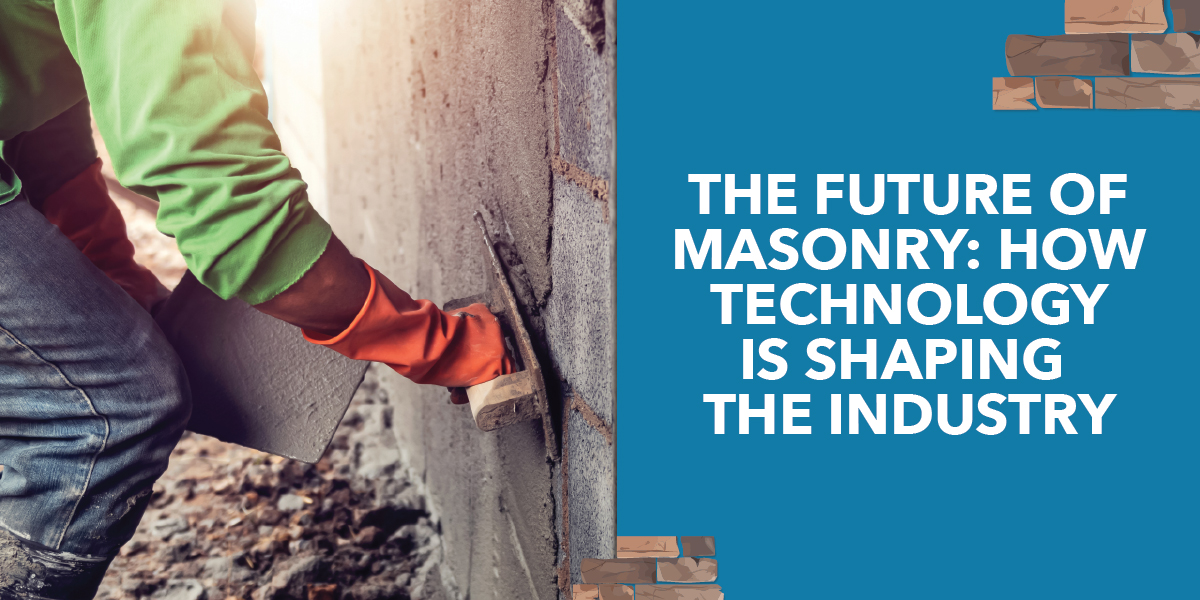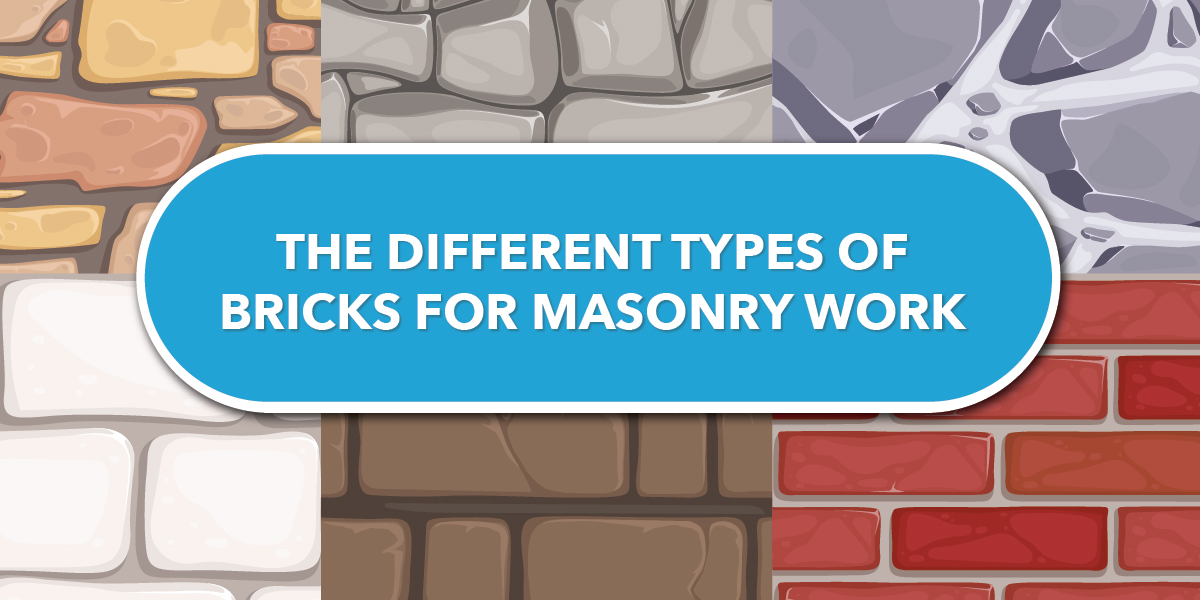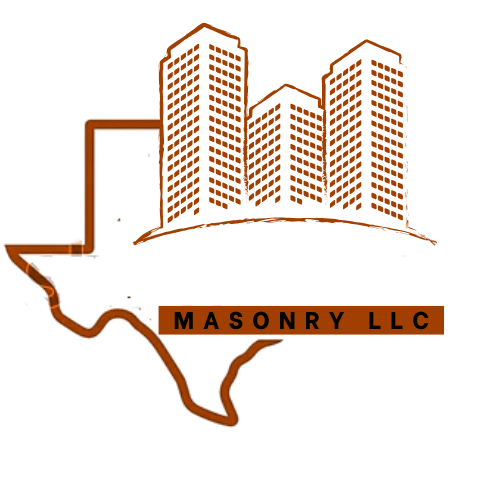In the case of outdoor tasks such as constructing a patio, a pit for the fire, a candle, or a retaining wall, the question of whether to do the work oneself or employ an expert stone masonry contractor in Dallas appears. They both have advantages and disadvantages, which means that all of them need to be considered carefully. Cost: Is DIY Cheaper? Since you’re cutting out the labor cost, you pay only for the materials, and it can significantly cut down on the cost of the project. This does, however, come with some caveats. First is an investment in good tools and equipment, especially if you do not already have them. Hired or purchased special masonry tools such as mortar mixers, trowels, stone cutters, and safety equipment can become costly. Moreover, in case, you make mistakes in the work, you may have to repair it and even buy some more material. On the other hand, a masonry contractor will generally charge upfront because they will be billing their labor and materials. A professional will probably work faster, use fewer materials, and not make high-priced mistakes that might save you money down the road. You will also have peace of mind knowing the job was done right, so the risks of needing additional repairs or adjustments going forward will be reduced. Time and Efficiency: How Much Time Do You Have? Even if you are as handy as all get out, laying stones, mixing mortar, and ensuring the work is level and safe means many hours—especially on weekends or evenings when you can’t be there full-time. A DIY project can drag on for weeks or months, depending on the size and complexity of the job. Furthermore, the time you could put into it may go to those pockets of other things already competing for your time in life, such as family time, work, or doing other household things. A professional masonry contractor will get the job done much more efficiently. With experience and with proper tools, a contractor can complete projects in a fraction of the time it would take you. Whether or not it is building a retaining wall or installing a stone pathway, a contractor will know how to get the job done most efficiently, which may be invaluable if you’re looking to get the job done quickly. Skill and Expertise: Do You Have the Right Know-How? It is something more than the usual DIY skills; in other words, it is about precision, technical know-how, and experience in laying stone, brick, or concrete. This is the art of knowing the balance between materials and mortar as well as the environmental surroundings that surround you. Poorly installed stonework can cause structural problems, such as cracks, shifting, or even collapse. Professional masonry contractors have years of hands-on experience and industry knowledge. They understand the subtleties of materials, knowing when such stones expand and contract with temperature or application of mortar at correct proportions. The contractor will ensure not only that the job looks nice aesthetically but, more importantly, that it is structurally sound and long-lasting. Tools and Equipment: Do You Have the Right Gear? Masonry work demands specialized equipment, and most relevant tools are not usually found in any well-stocked homeowners’ garage. While heavy equipment such as mixers and scaffolding are needed, so too are smaller equipment such as trowels, chisels, and stone-cutting saws for the proper completion of a project. Even rental masonry tools at home improvement stores are available to the DIYers, though that too comes with its share of inconveniences. Besides being doubly sure you’re using the tool right, there’s the cost of renting or buying a tool – all additional hassles. Mistakes can happen or even accident. Final Thoughts: Any decision to do DIY masonry or seek a contractor depends on the complexity of your project, budget, and experience level. DIY probably saves you money and gives you a comprehensive sense of accomplishment, but hiring a Correa Masonry ensures completion within time, budget, and good work quality.
How to Choose the Right Custom Stone Work for a Patio?
What makes the construction of a custom stone patio such an enjoyable process is that it enhances your outdoor living region both practically and aesthetically. However, with the wide array of materials, styles, and available designs, picking the right stonework may be challenging at times. You have to know first what you need, what you prefer, and what’s within your budget, and then consider what you would like to have for durability, looks, and upkeep. Determine the Purpose of Your Patio Before delving into the types of stones and design ideas available, you need to figure out what the primary purpose of your balcony will be: Will it be a place for dining and entertainment, or will it be a quiet retreat? Knowing what will be used will help guide every other decision about materials and layout. For example, if you’re going to be hosting frequently, you may want a more durable to withstand heavy foot traffic and furniture. If the patio is just simply a quiet place to relax, you can forget more about the durability aspect and focus on aesthetics and ambiance. Consider Your Climate and Weather Conditions Your local climate has a lot to say when it comes to selection for your deck. All different types of stones react differently with varying weather conditions, and you make a selection that can bear the temperature, moisture, freezing, and thawing cycles of your area. For instance, stones like granite or slate are used in colder climates where freeze-thaw cycles are frequent, being less prone to cracking than softer materials like limestone. In warmer, drier areas, stones like travertine or sandstone remain cool underfoot and could be wiser choices. The weather conditions always come into play when choosing your style to ensure it will last longer without any unnecessary repairs over the years. Evaluate Stone Durability and Maintenance Different types of stones vary drastically in durability and the amount of maintenance they require. While some can bear the wear and tear without losing an ounce of beauty, some may require cleaning, sealing, or other forms of upkeep fairly frequently. First, the hardness of stones makes them resistant to scratching, such as granite, which cannot be stained easily and is also not affected by weather conditions. Bluestone is one of those tough options that have fewer chances of cracking and require less maintenance. On the other hand, softer stones like limestone and sandstone may need to be sealed regularly and are more prone to damage from the outdoor elements. Decide Between Natural Stone and Manufactured Stone The major decision you’ll make when choosing custom stonework for your patio is whether to use natural pebble or manufactured sometimes called concrete pavers. Both have their positives and negatives. No two pieces of stone are alike, lending even more natural beauty to your outdoor space. A problem with using natural ones is that it is much more expensive, and sometimes it requires more care. Manufactured stone is far less expensive and comes in many color and style variations to give the appearance of natural stone. The laying of concrete pavers is relatively easy, and their maintenance is generally lower. These pavers will more than likely lack the richness of natural stone and may well not last as long. Your budget and preference for style, along with if you’re looking at this from a long-term investment perspective, will determine your choice between the two options. The End: Perhaps it means so much more than simply picking a stone that looks nice. Take your time in designing your patio, investigating types of stone, and collaborating with an experienced craftsman to bring your beautiful outdoor space into a reality that may add value to your home for many years.
Ways to Increase the Value of Your Home with Correa Masonry.
Whether you are considering selling your property or want to improve the view of your house, adding professional masonry service can make a huge difference. With Correa Masonry, you are guaranteed the best craftsmanship in presenting homeowners with a variety of solutions aimed at reinforcing the structural integrity and appeal of your house. Enhancing Curb Appeal with Custom Walkways and Driveways The easiest way to raise its market value is by improving the exterior of the house. A beautifully paved driveway or a stone path leading up to the front door gives the property a sophisticated and inviting look. These layers serve both aesthetic and practical purposes. They come in handy when improving the overall appearance of a site, preventing blockage upon the water, and enabling the movement of vehicles and pedestrians by providing a better surface. More importantly, walkways and driveways made of better-quality materials, like pavers or natural stone, can last for decades with just minor maintenance. Long-lasting durability can also be an added appeal for prospective buyers who do not want to struggle much with home features. Increasing Living Space with a Custom Patio or Outdoor Kitchen To enhance the beauty of your house and make the most of the outdoor spaces available, it is necessary to extend the livable area beyond the walls. Constructing a dining patio or other outdoor elements, for example, a swimming pool or outdoor kitchen, creates an entertaining dining and relaxing space. Experts can help you build the patio or outdoor kitchen that best suits your home style and your preference with personalized solutions. A patio is a very functional and charming addition to an outdoor space, especially one that is designed out of brick or stone. Adding an outdoor kitchen takes it to the next level and can be one of those highly requested features for potential buyers who are ‘entertainers’. Building Retaining Walls for Structural Integrity and Beauty Retaining walls serve functional and decorative purposes and can add so much to a landscape. Whether your property has sloping areas or you simply want to create distinct garden beds, Professionals can build sturdy retaining walls to enhance the look of your yard, adding essential structural functions, too. Besides preventing soil erosion, stone or brick retaining walls define spaces in your yard and add a great deal of depth and dimension to your overall landscape design. Upgrading Your Home’s Exterior with a Stone or Brick Facade Arguably, there’s no better way to add value to your home than giving its exterior an incredible new look with stone or brick facing. The best at taking uninspiring or out-of-date exteriors and reimagining them into exceptional modern facades that stand out from the rest in your neighborhood is Correa Masonry. Plus, these materials have low maintenance, are energy-efficient, and boast great insulation-thus, they make your home more comfortable and reduce energy costs. Adding Value with a Fireplace or Fire Pit Adding an indoor or outdoor fireplace can go a long way in adding value to your home, and installs indoor and outdoor custom fireplaces and fire pits professionally. Indoor fireplaces provide a warm, cozy place for the living room or the bedroom and add another spark of beauty to the house the warmth of the fire. Masonry fireplaces or fire pits of tasteful design, constructed by skillful masons from high-quality materials such as natural stone or brick, simply look great and add that touch of luxury. Such features usually turn out to be a plus for homebuyers since they introduce not only functional but also aesthetic values, making the house more appealing and comfortable. The End: Whether looking to sell one’s home or simply desiring to make the home more functional or pleasing aesthetically, there are a number of ways that working with experts can help bring additional value to a home. Investment in quality masonry is one sure-shot investment that will promise huge returns, not only with respect to daily enjoyment but also when one decides to sell his property.
The Future of Masonry: How Technology is Shaping the Industry
Masonry is one of the most important factors of human civilization and has evolved significantly over the years. But of late, with the rapid development of materials sciences and techniques, masonry has seen huge changes as well. Finding the right masonry contractor in Dallas, TX can be a huge challenge. Correa Masonry LLC has delivered hundreds of successful projects, and we can help. Read through our testimonials and reviews to find out why we are the most preferred masonry contractor in the city! An Introduction to Modern Masonry Modern masonry has come a long way with better materials, techniques, and lower costs. One of the hallmarks of masonry projects today has been the ease with which it combines traditional techniques with innovative methods. With modern machinery, masonry has become a lot more efficient and projects can be executed with high precision. Masonry can also be combined with other materials to create a more aesthetic and functional construction. Modern masonry processes can help keep up with increasing industry demands and yet lower the carbon footprint through the use of better materials. Advanced Robotics in Masonry The introduction of robotics has been one of the biggest steps forward in masonry in recent years. For many years, robotics has been the answer to many of our issues, and now it has become relevant in construction. Robotics can be the answer to repetitive tasks in the construction niche, which require a high degree of accuracy. It can reduce the factor of human error in processes like bricklaying and ensure higher throughput per hour. Introducing robots also reduces the labor costs and delivers a better quality project in considerably less time. Robots can also work in constrained spaces and in harsh environments that people wouldn’t be able to without significant protection. 3D Printing Masonry Techniques Another innovation in masonry has been the ushering in of 3D printed materials and structure. For years we have relied on simple materials for masonry construction but with 3D printing, you can combine the strength of several materials without any of the weaknesses. A good example of this technique is with Fibre-reinforced Polymer (FRP) bricks used instead of bricks. FRP bricks are lighter than regular types of bricks and also don’t need as much time to cure which means they can be produced faster as well. Sustainable Building Materials As we move into the 21st century, the need of the hour is to reduce our environmental impact. Historically, masonry has always been one of the biggest contributors to global warming due to its need for specialized materials. Today, we are heading towards much more eco-friendly materials and production techniques. Advanced material sciences allow for the creation of much more resilient construction components that are much more energy efficient. They are more durable than current materials and compliant with various green building codes that are enforced today. Advanced Workforce Training An area that we have to focus on is training construction staff to adapt to new methods and techniques. The emphasis is going to be more on tech-based skills than manual labor. There will be high tech learning solutions like virtual reality and augmented reality which can help train them better and quicker. As technology improves, people will interface with new types of machinery and robotics that can enhance their productivity and prevent mishaps during construction. Final Frontier – Automated Construction With the advent of better AI-driven construction methods, the last hurdle we face is completely automated construction. This type of technology would bring in so many benefits including reduction of human error, no need to supervise, building in inhospitable conditions, and quicker turnarounds. Robots will also choose the right type of material based on the requirement which will produce a stronger construction without wasting material. Automated construction also allows for much more cost-effective and quicker scaling for larger projects. While we are still far from it, automated construction will become reality in the years to come. The future of masonry looks bright and these advancements are something that we are all looking forward to. If you want a contractor based out of Dallas, TX who is prepared for future advancements in masonry, get in touch with Correa Masonry LLC. Our team uses the latest technology and techniques so our customers can reap the benefits!
The Different Types of Bricks for Masonry Work
Bricks are the basic building blocks of any type of construction or masonry work. With the advances in materials sciences, there are a lot more different types of bricks available today with various attributes and differences in aesthetics. Are you looking for certified masonry specialists in the Dallas, TX area? Look no further than Correa Masonry LLC! With decades of collective experience with stellar projects in the city, we have a great portfolio for you to browse through. We have delivered residential and commercial buildings over the years and are looking forward to working with you. Let’s take a look at the different types of bricks available that you can choose from. Types of Bricks 1. Burnt Clay Bricks When people say bricks, this is what they usually mean. One of the oldest and most used types of bricks today is the burnt clay bricks. Its characteristic dark orange color has been around for centuries. It provides a robust structure that is reasonably fire and weather resistant. But for improved aesthetics, you might need to plaster on it for a smooth finish. 2. Concrete Bricks Concrete bricks are usually made from a mixture of high strength cement as bonding agent, water, and sand. These types of bricks are known for their high strength and durability and often used in construction of walls or pathways. They are highly weather resistant and durable. It should be noted that they are heavier than clay bricks and require proper sealing to prevent moisture seepage. 3. Sand-Lime Bricks Sand-lime bricks or calcium silicate bricks are an alternative to concrete bricks. It is similar to concrete bricks but it uses lime instead of cement as a bonding agent. These types of bricks need to be cured in an autoclave and are strong enough to be used in load-bearing walls or high-rise buildings. It has good thermal insulation and has a uniform shape which makes it a good choice for commercial construction. 4. Fly Ash Bricks Fly ash bricks are made from the residue of burning coal and mixed with water and other additives for bonding. It requires a specialized curing process under high-pressure to ensure it can be used. It has several advantages for construction being light, strong, and environmentally friendly. Since the edges are prone to chipping off, it needs careful handling which makes it a slightly more expensive option. 5.Engineering Bricks Engineering bricks are the choice for more demanding projects. These bricks are designed to be the highest strength with as low water porosity as possible. While these are also made with clay, the process is different, and the result is focused on a more durable product without any need for aesthetics. They are much more expensive than regular burnt-clay bricks. Brick Properties You Should Know 1. Density and Weight Ideally, the best option for bricks is to have a balance between density and weight when you’re looking at domestic construction. For commercial purposes, since the buildings are going to be larger and have multiple floors, you need denser material to form a proper load bearing base. Your contractor will be able to help you with the choice of bricks for your needs. 2.Compressive Strength Compressive strength is how much axial load (vertical load) a brick can withstand before being crushed. Needless to say, this is important for all types of construction. The compressive strength depends on the type of material and curing process of a brick. While engineering bricks have one of the highest compressive strength numbers, you might not need them for a two-story home. 3. Durability and Weather Resistance Durability is a vital factor for all types of bricks. The ability of the brick to resist external factors like weathering and wear is referred to as its durability. High durability is generally better, and this can be further enhanced by the use of protective coatings. Also, the choice of bricks is determined by the type of weather in the area. 4. Water Absorption Water absorption or porosity is a measure of the water intake experienced in a brick and is usually expressed as a percentage of its weight. So, for a brick that weighs 100 gms and has 6% water absorption, it will take in 6 gms of water. Regardless of the type of brick you choose, ensure that it has low water absorption, especially if you live in a rainy or wet climate. 5. Cost The one factor that mostly dictates the choice of what brick you’re going to use comes down to the cost. It should be noted that burnt-clay bricks are more expensive than concrete bricks. The reason is due to the choice of raw materials and the curing process. While some types of bricks may be more expensive, they may be more durable saving you maintenance costs down the line. There are many factors to choose the right brick type for your construction needs. If you’re investing in a project, you have to look at the cost to performance ratio rather than the cost alone. For professional advice and insights for your construction in Dallas, TX, get in touch with Correa Masonry LLC. Get your free consultation by calling us now!
